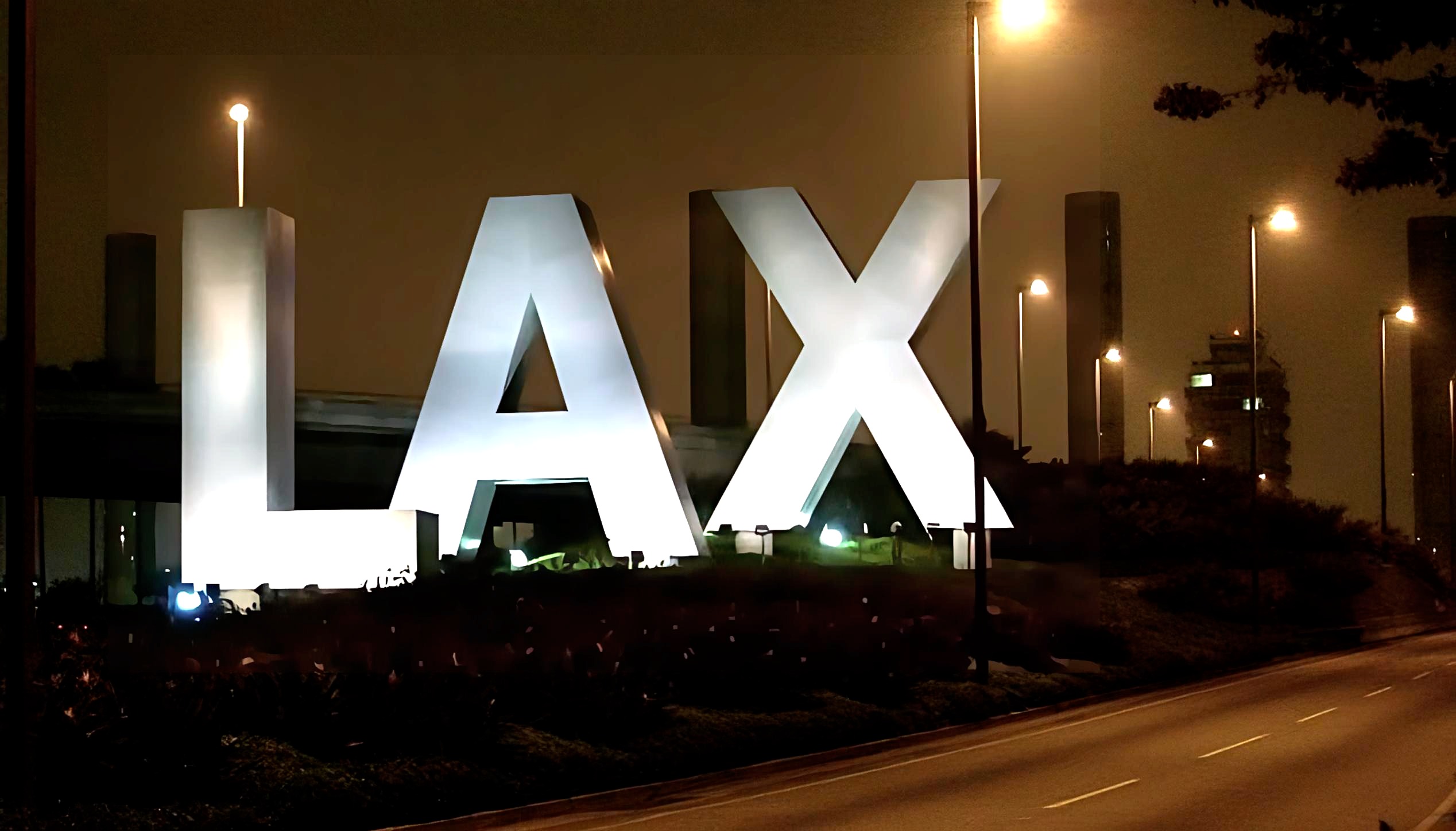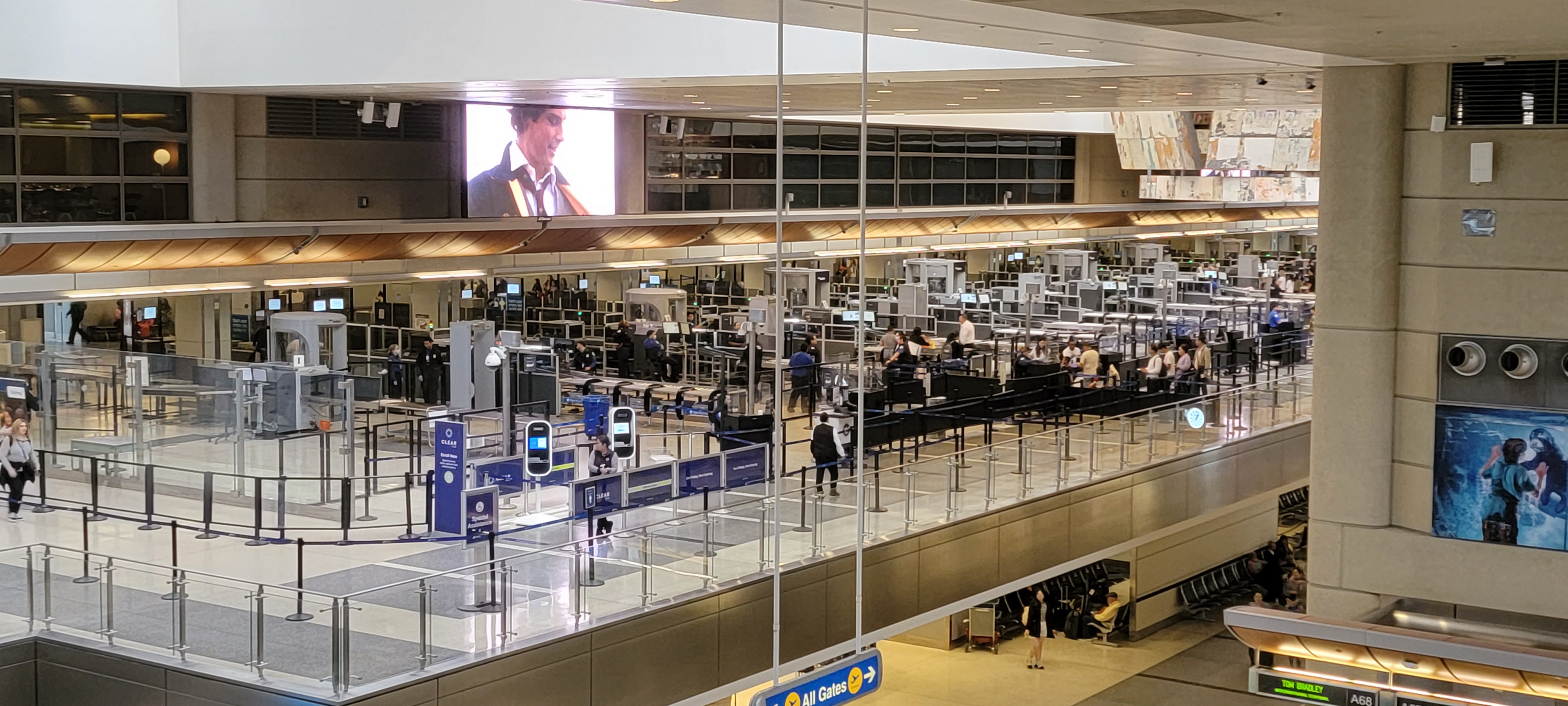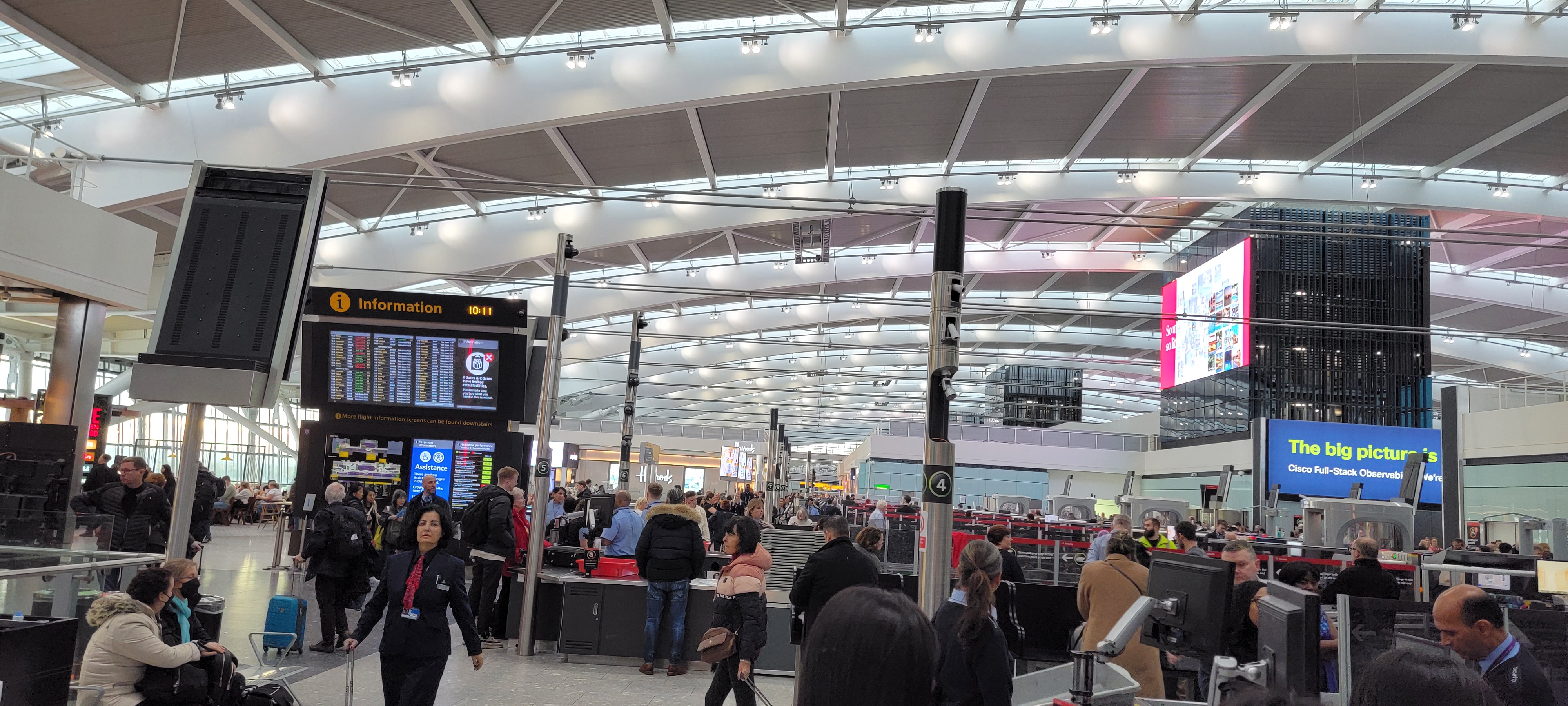American Airlines passengers flying from Sydney to Los Angeles will no longer need to collect their checked bags in LA, walk them through customs, and drop them back off with the airline for their onward connection. That’s part of a new test that American says they expect to expand to other airports.
- This is going to reduce a lot of hassle for passengers, who often have to schlepp a lot of bags.
- And it will save them time. People – especially those with Global Entry – often do clear immigration quite quickly and then have to stand and wait for bags. Wait times at some airports can be quite long. It will be a huge benefit when this expands to Miami!
- But passengers who might be using throwaway tickets will have their plans scuttled. Currently it’s easy to fly to the U.S., collect your bags and just not continue on the next flight. Sydney – Los Angeles – Charlotte can be far fewer AAdvantage miles than Sydney – Los Angeles non-stop.
- It also makes me wish that American were willing to through-check bags on separate tickets. They won’t do it, for instance, when booking their Sydney – Los Angeles flight using miles and buying a connecting flight on their partner Alaska. Those passengers will still have to wait for bags at LAX and re-check them, just like a passenger terminating in Los Angeles.
Through International Remote Baggage Screening (IRBS), passengers arriving in the U.S. from select international airports will no longer have to claim their checked baggage in the CBP Customs Hall and recheck it with American for their connecting flight. Instead, after clearing CBP Passport Control, passengers will proceed directly to a TSA checkpoint and then will continue to their connecting flight. Designed to reduce connection times and improve the overall travel experience, IRBS leverages advanced technology to modernize the baggage screening process so it can be done remotely.

Sydney Harbor
This is authorized by the 2022 Defense Reauthorization Act. Delta announced last year that they’d be able to avoid bag reclaim and recheck on flights from Tokyo and they were working on it for Seoul.
Already, of course, passengers arriving on flights from U.S. immigration preclearance destinations have their bags transferred to their final destination seamlessly. Passengers already cleared immigration at their departure point, and land as if they had come off of a domestic flight.

Meanwhile clearing immigration remains the bigger hurdle that keeps the U.S. from becoming an attractive connecting point for travel between two other countries. And that’s not going to end any time soon, since U.S. airports generally aren’t designed to keep international departing passengers segregated. U.S. passengers generally do not have to go through passport control when leaving the country, and international departures operate right alongside domestic ones in the same terminals.

LAX TSA

London Heathrow Terminal 5 Security
And you still have to go through security again – in contrast to the ‘one stop security’ trial at London Heathrow where some U.S. passengers connecting there to another destination don’t have to go through screening prior to their next flight. They trust the TSA! It’s a structural challenge how to mirror this at U.S. airports but we should trust U.K. screening (and similar) as well.


Passengers arriving from the US at AMS do not need to go through security – nor do passengers arriving from the EU, Canada, Australia and other “trusted” countries.
I can’t wait for this to get to Miami. I spend more time waiting on bags then any other part of the connection. It easily doubles the time needed to get to my flight.
You’re 100% right, Gary—they NEED this for MIA, because that process is maddening, especially on a Caribbean to domestic connection. Yikes.
For MIA the question will it be for all destinations in the Caribbean, Central and South America? Presumably there’s a level of trust in the departing country. Western Europe, Japan, Australia, and other select Asian (for example South Korea) and Pacific, yes. Jamaica, Bolivia, Nicaragua, not so much. I think there’s even certain destinations AA won’t RON.
What does this mean? What if you buy things that you need to declare? Will there be any checking of the contents?
This will be great. I’ve had great experience at AUH at the prescreening facility where even though I was connecting there the bags were screened remotely. I believe the agent could see a scan of my bags, talked about it a bit and I breezed through.
Great news. I love not having to collect my bags on my US through AMS/CDG to Shengen connections. DFW international arrivals sure looks like it might be heading to a change with the green/red lines.
“U.S. airports generally aren’t designed to keep international departing passengers segregated.”
Generally? I think this is true for all U.S. airports. And new terminals aren’t being built with this capability.
If this remains and expands too much, then it will eat into my ability to run up EC261/2004 compensation and the like when I misconnect due to checked bags taking too long to arrive at the baggage belt in the US airports’ federal inspection services area. I like my €600 per pop, plus free all-inclusive overnight stay at US airport of entry.
@GUWonder — You made my day. EC261/2004, also known as EU261, and its equivalent in the UK, and other passenger protection regulations like Canada’s APPR, are wonderful and solely needed elsewhere. Congress really should legislate something similar in the United States so that when an airline is at-fault for significant delays and cancellations under their control, like a maintenance or staffing issue, we, the passengers are compensated for the inconvenience and to assist us with covering for a baseline of losses. Our time is valuable. We pay a premium for specific schedules. So, airlines should keep their schedules (within reason). If anyone pays for a transatlantic flight that arrived more than 6 hours late, I’d say that certainly qualifies for compensation (€600/$700 does sound nice, doesn’t it?). And, no, travel insurance is not enough, especially since the terms often state that delays must be 72+ hours or 50% of the trip. Let the airlines get insured for their potential liabilities and/or take better care to be timely. It’s the right incentive structure. And no, it hasn’t bankrupted any airlines in Europe. I don’t expect anything good coming out of the US under the current administration, but maybe the progressives will get this done when they return to power. One can dream!
DFW and ATL are also set to roll out one-stop security later this year which allows connecting passengers from LHR to not only avoid baggage recheck but also avoid going through security a second time.
Air Canada has been doing this for several years in YYZ.